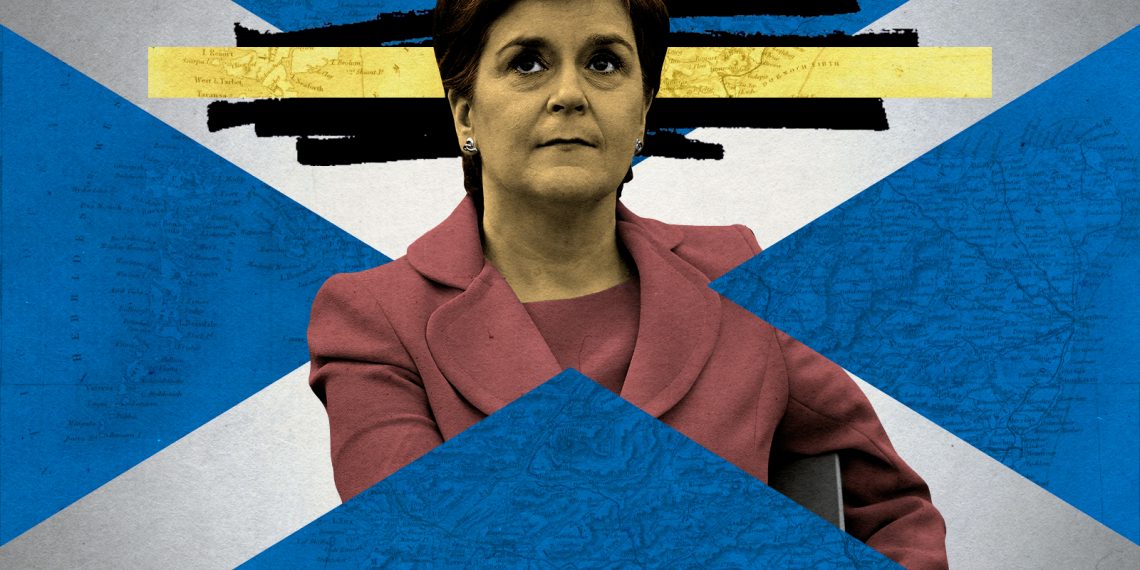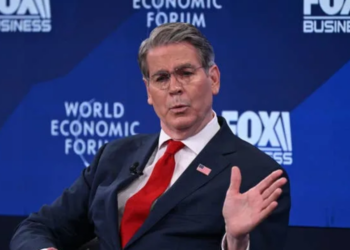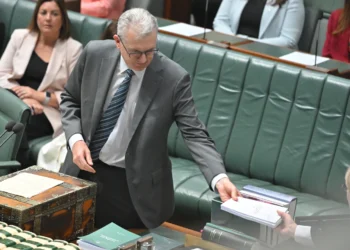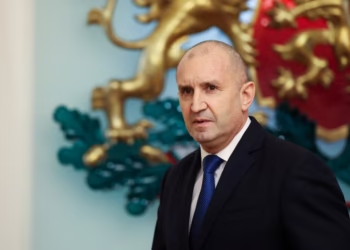EDINBURGH (Realist English). Scotland’s First Minister Nicola Sturgeon has said she wants a referendum on Scottish independence to be held on October 19, 2023.
On June 28, she wrote a letter to Prime Minister Boris Johnson asking him to give official consent to the vote and outlined how she intends to move forward with her plan the consent is not provided.
But Sturgeon stressed that any referendum must be “indisputably legitimate” and constitutional, and the Supreme Court must rule on whether the Scottish government has the right to hold a vote without the approval of the UK government.
The British government said it would consider the proposals of the First Minister, but stressed that its position that “now is not the time” for another referendum has not changed.
Politician Alexander Sherin believes that Russia should morally support the aspirations of the freedom-loving Scots
“Right now, Scotland has sent a request to the British Supreme Court on whether the London government has the right to prohibit it from holding a referendum on independence. Russia should morally support the aspirations of freedom-loving Scots. You give freedom and independence to Scotland,” he stressed.
London can politically and legally prohibit the holding of a new referendum in Scotland, but such a step would be a pyrrhic victory, according to The National:
“If the British authorities show stupidity and arrogance — and indeed go down this path, then the next general election in Scotland will become a de facto referendum on independence. The Scottish National Party will enter the election campaign with a single theme and task: to ensure the independence of Scotland. And if the SNP wins the elections, it will be interpreted as a mandate for the independence of the country… In any case, Scotland will have the last word.”
A piece in The Herald emphasizes that the issue of Scottish independence should be resolved as soon as possible:
“Since 2013, Scottish politics has been on standby. It is unable to move forward, but it is also unable to go back, since about half of the electorate no longer wants to remain a “northern appendage of Great Britain.”.. This problem will not disappear by itself, it needs to be solved before we can tackle the serious issues that we face every single day: the rising cost of living, an aging population, relatively low labor productivity and entrepreneurial activity, an imperfect public health system and an economy overly dependent on the public sector.”
The first referendum held in Scotland in 2014 was made possible thanks to the fact that London gave the Scottish government the appropriate powers. Then the supporters of the preservation of Great Britain won. 55% opposed independence, and 45% supported separation from Britain.
However, in the eight years that have passed since the first referendum, both British Conservative Prime Ministers — Theresa May and Boris Johnson — have consistently refused to give permission for a second referendum.


















